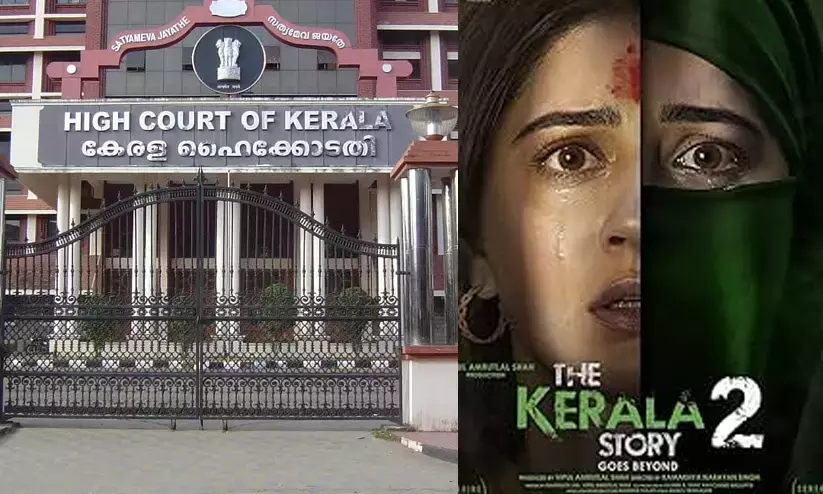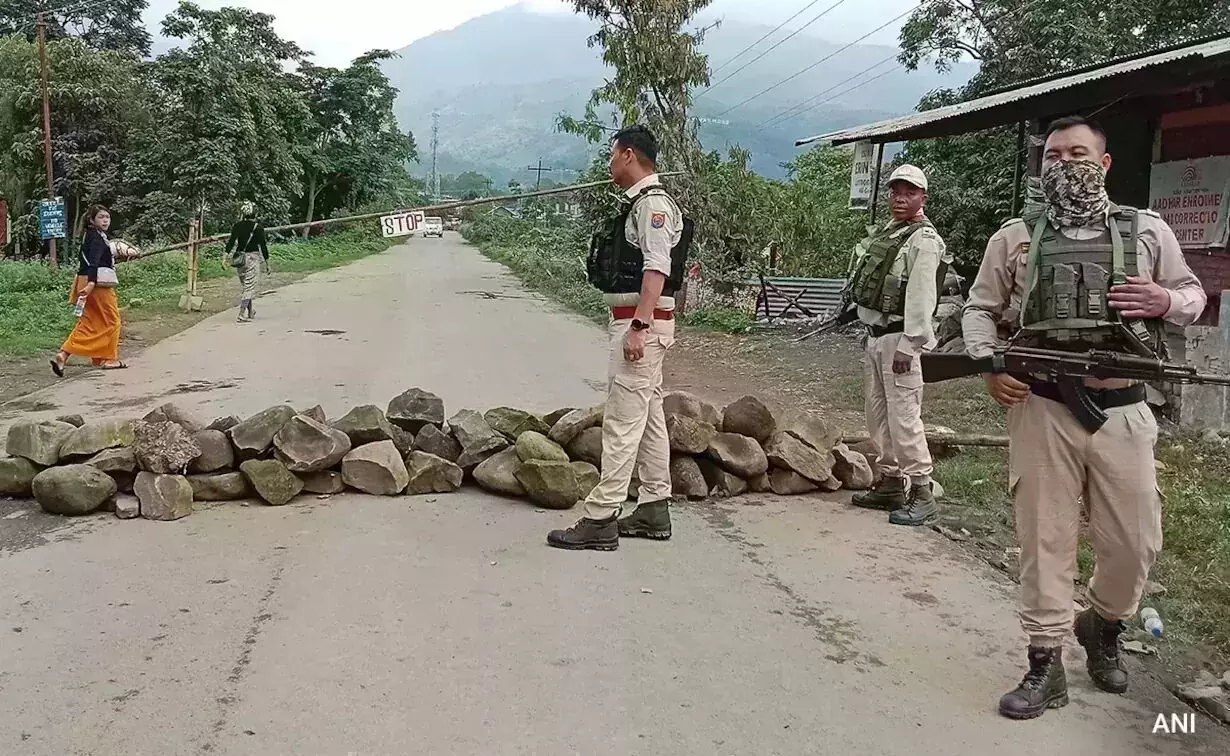
Tribal group restarts highway blockade in Manipur after ultimatum expires
text_fieldsImphal: A tribal collective in Manipur has reinstated an indefinite blockade on a crucial national highway, citing the need for sufficient essential supplies for Kuki-Zo communities residing in the hilly regions of the state.
The national highway in question, NH 2, is a critical link connecting Imphal to Dimapur in Nagaland and holds paramount importance as Manipur's lifeline due to its landlocked geography.
The Committee on Tribal Unity (CoTU), having given a three-day ultimatum, has carried out its warning, initiating the highway blockade as conditions failed to improve within the stipulated period.
Lamminlun Singsit, Secretary of COTU, said, "Highway blockades would be reimposed on NH 2 (Imphal-Dimapur) and NH 37 (Imphal-Silchar) if the supplies of essential commodities to Kuki Zo communities in the hill areas of the state are not ensured," as stated on August 17.
Another tribal entity, the Kuki Zo Defence Force, has also issued a cautionary statement, indicating their intent to initiate blockades starting from August 26 if the inflow of vital goods and medicines to Kuki Zo inhabited regions does not materialise.
NH2 has experienced blockades on at least two previous occasions since the onset of unrest in May. During a visit to Manipur towards the end of May, Home Minister Amit Shah appealed to groups like CoTU to terminate the blockade, resulting in their compliance.
The upheaval in Manipur commenced on May 3 after a "Tribal Solidarity March" was organised in the hill districts to protest against the Meitei community's demand for Scheduled Tribe (ST) status. Over 180 lives have been lost, with more than 3,000 individuals sustaining injuries in the course of the violence. Moreover, the crisis has led to the displacement of over 60,000 people, causing damage worth substantial monetary value.
Meiteis constitute around 53% of Manipur's population, primarily residing in the Imphal Valley, while tribal communities -Nagas and Kukis - make up 40% and are concentrated mainly in the hill districts.























